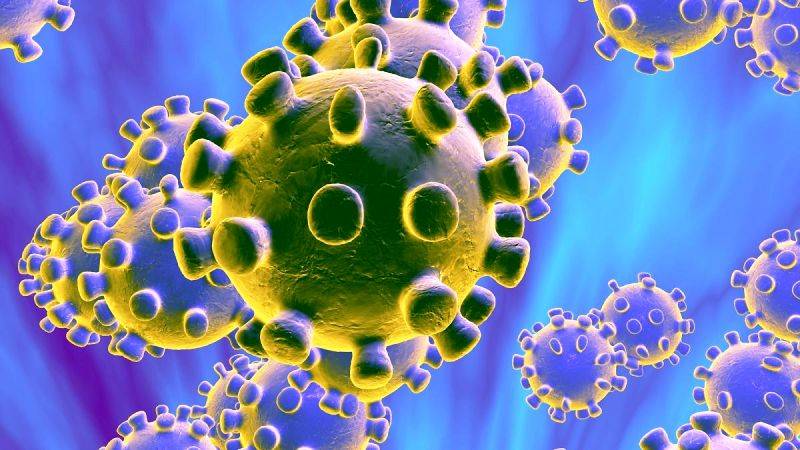
The Indian Council of Medical Research has warned that introduction of a Covid-19 stage 3 cases are likely from a minimum of 20 days. ICMR has made it clear that community transmission of coronavirus may come up anywhere from few days to a next few months to be seen.
As per a mathematical modelling study published in the Indian Journal of Medical Research, the ICMR has highlighted that the control of outbreak would be difficult in “pessimist" scenarios in metropolitan cities like Delhi, Mumbai, Kolkata, Bengaluru, Chennai, Hyderabad and Kochi. If people who have a travel history to infected countries or contact with the infected don’t isolate themselves.
The results of study showed that symptomatic quarantine would identify and quarantine 50% of symptomatic individuals within 3 days of developing symptoms. Study added, in an optimistic scenario of the basic reproduction number (R0) being 1.5, & asymptomatic infections lacking any infectiousness will reduce the cumulative incidence by 62 percent.
It is to be noted that the reproduction number of an infection can be thought of as the likely number of cases directly generated by one case in a population where all individuals are susceptible to infection.

What is stage 3 or community transmission?
Coming ahead is a phase that experts have warned about i.e. Stage 3, or community transmission. It occurs when a person with no travel history to an affected country or direct contact with a confirmed case tests positive for Covid-19. Its an indication that the undiagnosed and likely asymptomatic carriers are spreading it.
Is India in Stage 3 of covid-19?
No, not yet. But, as India approaches this stage, there will be rapid spike in cases, an increase in fatalities, and a corresponding set of hard measures.
How to stop covid-19 from further spreading?
Don’t Panic:
Though, the cases are on rise. You don’t have to panic. Just follow all the precautions and guidelines of WHO and keep yourself updated.
Be More Responsible:
Citizens must prepare citizens for what lies ahead. Exercise a greater degree of responsibility.
Self Quarantine:
Social distancing is a must. Care for the more vulnerable sections. Be more sensitive towards your staff.
Have Patience:
Patients will need empathy, the top-most quality required at this sensitive time. Remember this too shall pass. Follow all the safety guidelines.
Co-operate with Government:
At this time, we all must support and cooperate government. As it introduces more measures to battle the virus and introduce measures to minimise the distress. Both these things go hand in hand.
Sanitizers & Cleanliness:
Keep yourself and your home sanitized and infection free. Wash your hands and sanitize them frequently. Don’t touch your face often.










